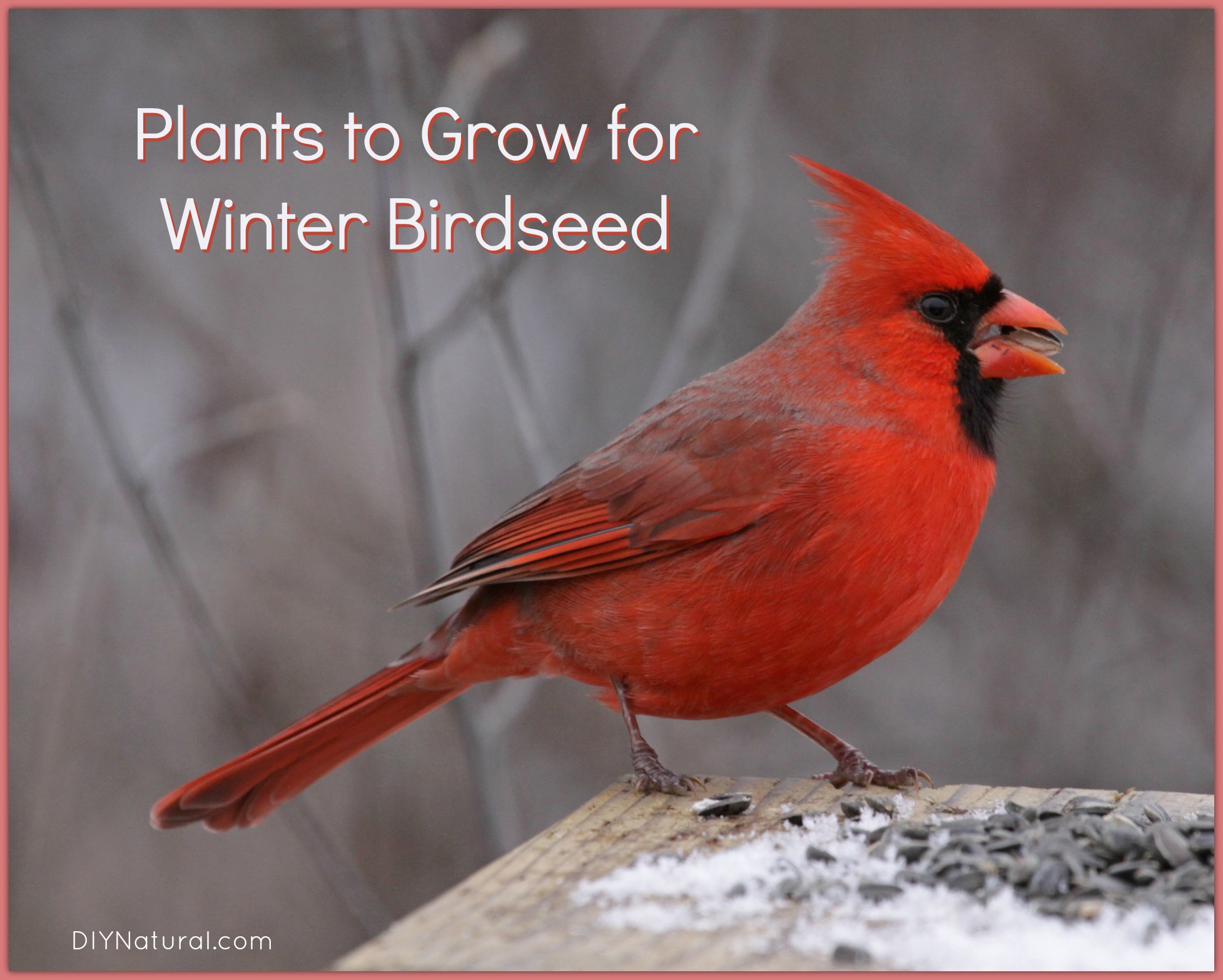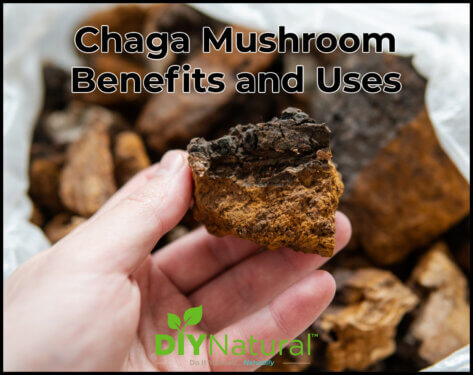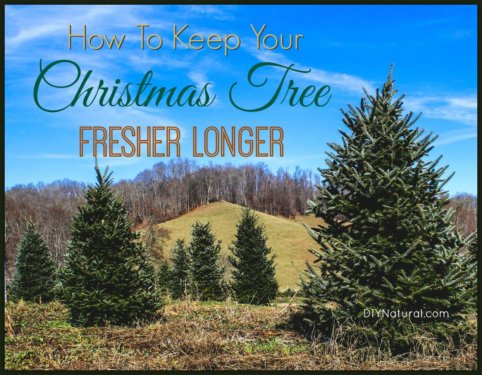
Every winter when the weather turns cold I begin to think about what I might be able to do for the birds that have spent the summer with us. We do a lot of intentional planting for the birds and the bees during the growing season. Why shouldn’t we also plant for the winter?
Here on our farm we like growing sunflowers and other plants that provide seeds in the winter. There are also some weeds that we are careful to leave standing. We could either clean up our garden beds and buy expensive bags of seed, or be lazy and let Mother Nature feed the birds. There is time in the spring to clear away the garden debris. This year, think about leaving the seeds standing. The birds who overwinter in your area will thank you and perhaps turn you into an amateur birdwatcher.
Here are a few of our favorite winter feeders:
Growing Sunflowers and Other Plants for Winter Birdseed
Sunflower (Helianthus annuus)
This seed is in many classic bird seed mixes. A border of sunflowers in your garden or just outside your family room window will provide hours of entertainment as you watch goldfinches, titmice, blue jays, mourning doves, and cardinals hang upside down to get at the seeds. Leave these stalks standing or cut off the heads and lay them on your deck or feeding platform.
Cosmos (Cosmos bipinnatus)
We planted this beautiful annual flower in our old pasture this year. We enjoyed the yellow blooms during the summer. Most people would have mowed down the stalks after the first frost, but we left everything standing. This winter, we’ll watch our feathered friends from the comfort of our living room and know they’re well-fed.
Amaranth (Amaranthus spp.)
It doesn’t take much of an imagination to see why these plants are good for the birds. The dried stalks in the pasture right now must have several ounces of seed in each one. This is a relatively sturdy plant that allows birds to feed up off the ground and out of harm’s way of the neighbor cats.
Thistle
There are many different species around the country that can provide thistle seed for birds like the tiny finch. We have plenty of Cirsium arvense here in Ohio. We usually leave at least one garden standing with this tall growing thistle. It’s a lot of fun watching the acrobatic yellow finches as they perch on the top of a precariously waving thistle stalk. I’d rather just leave the weeds than haul thistle seed to a feeder!
Goldenrod (Solidago spp.)
This weed gets such a bad name, but it happens to be food for humans, bees, and birds. In the winter, the seeds feed finches, pine siskins, yellow-rumped warblers, indigo buntings, cardinals, chickadees, titmice, and sparrows.
Hawthorn (Crataegus spp.)
We have a hawthorn just outside our front door. Throughout the winter the berries feed our mockingbirds, cardinals, house finches, and blue jays. In the spring if there is anything left we often have a day or two where the robins descend in a mass and pick the tree clean.
Echinacea (Echinacea spp.)
All along our pond we have the sturdy sticks of echinacea topped by their brown pincushion of seeds. This beautiful medicinal is easy to obtain, a favorite for landscapers and is well appreciated by the American goldfinch and pine siskin.
Asters
Here in Ohio we have quite a few native asters. I particularly like the purple New England aster (Symphyotricum novae-angliae). We leave these to bloom in the fall, regardless of how much we would like to have manicured flower beds. They are important as providers of nectar and pollen for the honey bee. Once they have gone to seed they will feed a wide variety of birds including cardinals, chickadees, goldfinches, indigo buntings, nuthatches, sparrows, and towhees.
Want more ideas for attracting birds to your yard? Check out this other DIY Natural article:
*******



